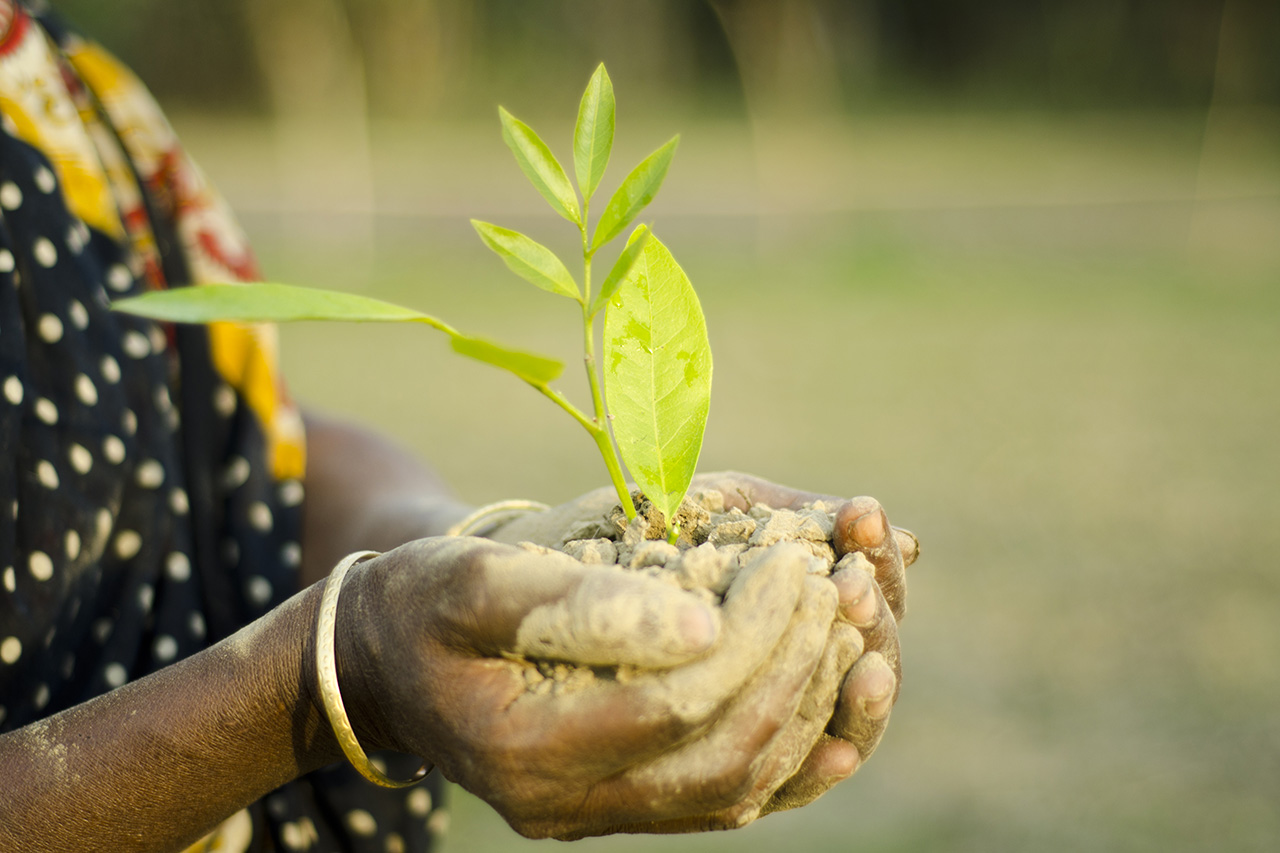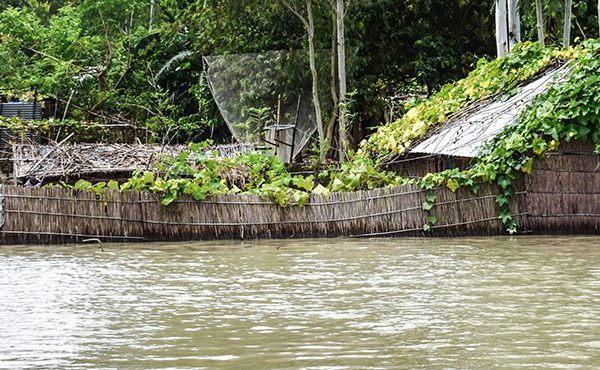Reading Time: 2 minutes
Air pollution is one of the greatest challenges of our time. With World Environment Day just past us, the call to action for cleaner air is more pressing than ever.
Extreme weather patterns – such as increasing incidents of cyclones and hurricanes – are telltale signs of the damage dealt to the environment. But there is another aspect to the environment which has a more subtle yet sinister way of disrupting our health: Air pollution.
Air pollution is responsible for around seven million deaths every year – that’s one in eight of total deaths worldwide. Eye irritation, headaches, dizziness, and sneezing and coughing are but some of the short term irritations of toxic air – something citizens of Bangladesh’s capital is all too familiar with, with Dhaka being named one of the most polluted cities in the world. It does not get any better in the longer run. Fine particles in the air enter deep into our lungs and cardiovascular system, causing diseases such as strokes, chronic obstructive pulmonary diseases, and respiratory infections, including pneumonia.
Bangladesh has the most polluted air in the world, according to a report released in March this year, but our struggle with air pollution is not new. In 2017, at least 123,000 people died in the country from exposure to toxic air from both indoors and outdoors.
Nationally, about 21% of deaths are attributed to ambient and indoor air pollution, which is highest among the South Asian Countries. Better air would help save around 3,500 lives and avoid up to 230 million cases of respiratory diseases annually in Bangladesh.
These are distressing numbers. This year’s theme for World Environment Day is air pollution. It is one of the greatest challenges of our time, and the call to action for cleaner air is more pressing than ever.

When it comes to dealing with the effects of climate change, BRAC has been working with young people to build resilience and raise awareness. From building disaster-resilient houses and schools to educating farmers on adaptive practices, our response to climate change has focused on strengthening communities to better prepare with the changes in the environment.
BRAC Climate Change Programme aims to undertake climate change mitigation and adaptation efforts within and outside of the organisation. Previously, implementation of agro-forestry and block plantation were in the works, and this year, the programme has undertaken a project of planting 65,000 trees in environmentally critical areas, such as areas prone to droughts, cyclones, and floods.
Vegetation plays an important role in tackling the challenge of air pollution. Research has shown that natural vegetation can remove a range of pollutants in the air. Tree plantation is a low-cost option, with the ability to sequester 48 pounds of CO2 annually and leaves oxygen for us to breathe for two years. The initiative will serve multiple benefits including carbon sequestration, enhancement of the livelihood options, minimisation of environmental degradation, among others.
The programme is also working to ensure environmental-friendly practices in all BRAC offices through raising awareness and promoting energy efficient and green devices. Through our Environmental Policy, we are integrating climate change adaptation and mitigation solutions into the programmatic intervention activities of BRAC to protect resources, improve quality of life, and build awareness in the rural and urban communities.
The air we breathe is what keeps us alive. Let us join in the global campaign for clean air and #BeatAirPollution.
Tahmina Hadi is Deputy Manager, Knowledge Management, BRAC Climate Change Programme. Luba Khalili is Deputy Manager, BRAC Communications.





